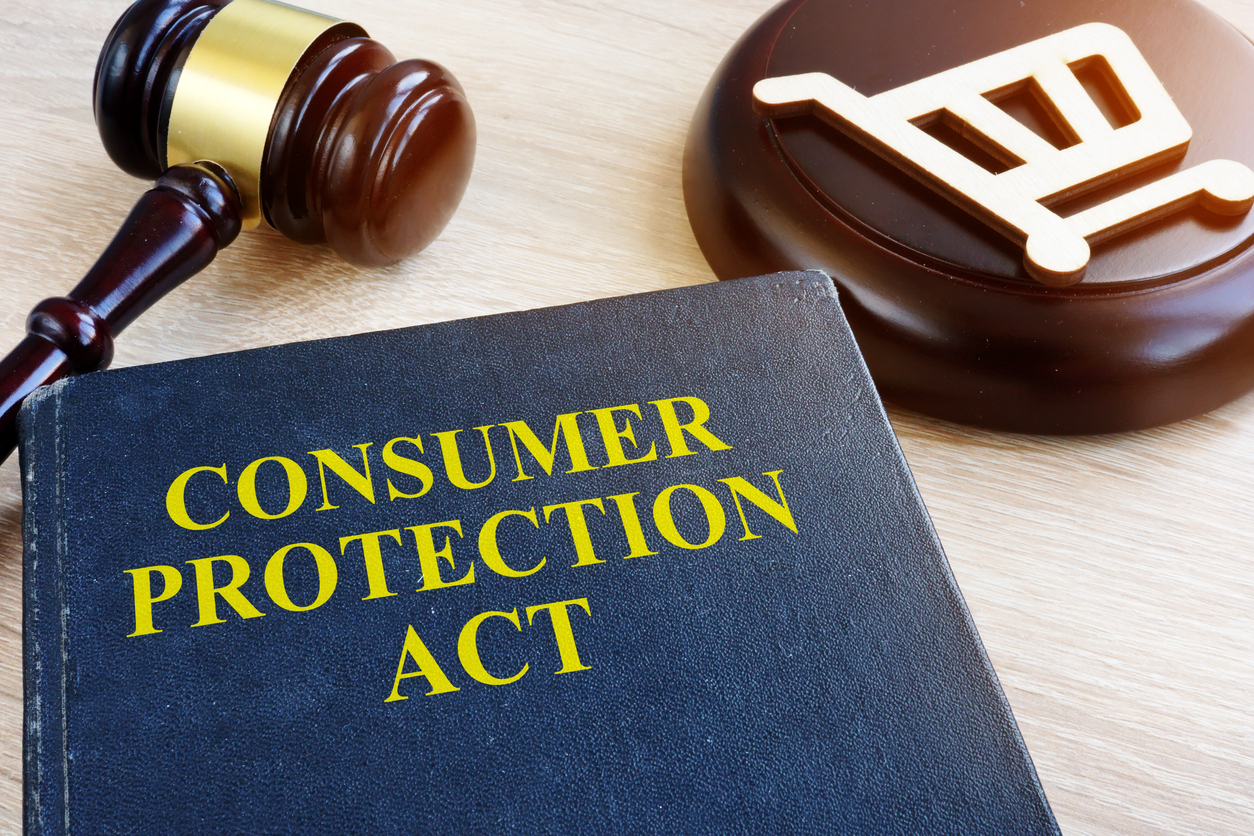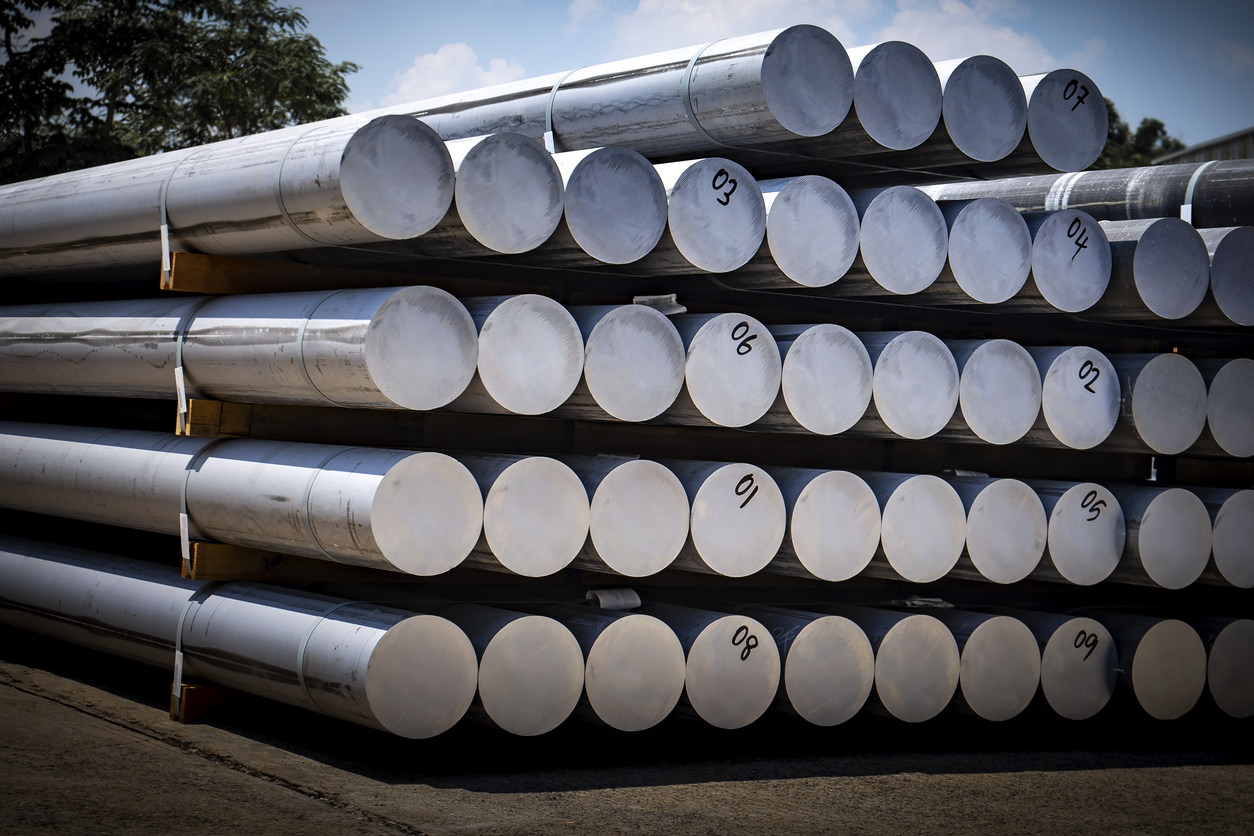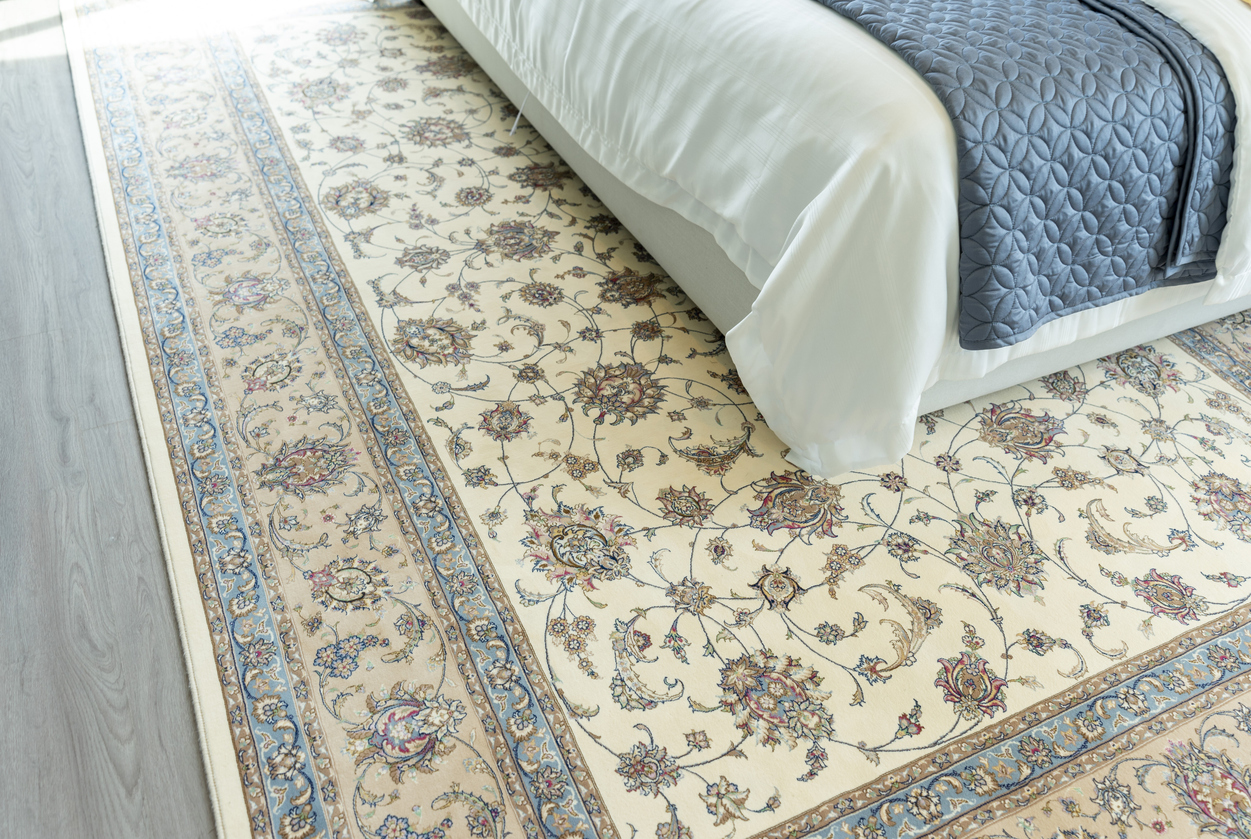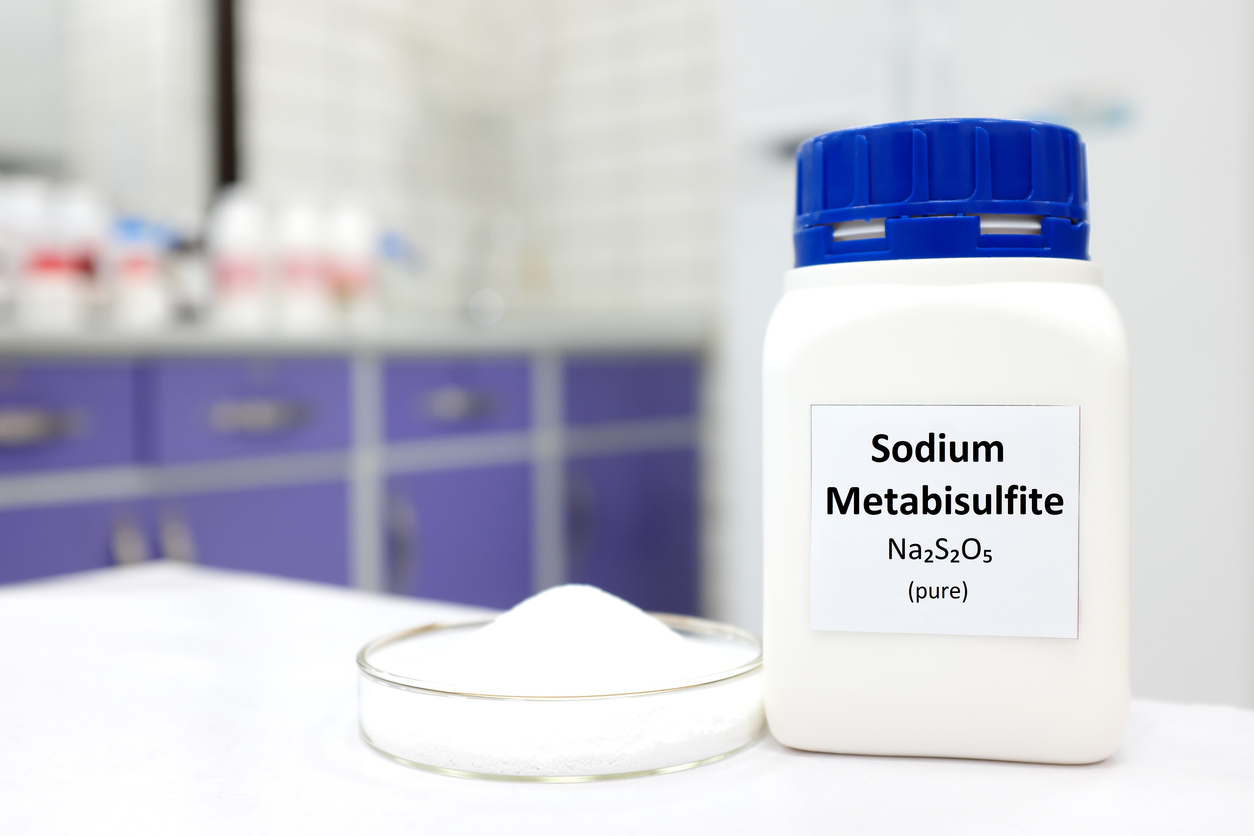Understanding the Section 301 Product Exclusion Request Process
Businesses engaged in international trade often face complex challenges due to tariffs and trade restrictions. One important mechanism for U.S. importers to manage additional costs under trade regulations is the Section 301 product exclusion request. This process allows companies to seek exemptions from tariffs imposed on specific products, providing relief and maintaining competitiveness.
What is a Section 301 Product Exclusion Request?
A Section 301 product exclusion request is a formal petition submitted to the Office of the United States Trade Representative (USTR). It asks for certain products to be excluded from tariffs applied under Section 301 of the Trade Act of 1974. These tariffs are usually imposed in response to unfair trade practices or intellectual property violations by foreign countries.
For importers, understanding this process is crucial, as even a temporary exclusion can significantly reduce costs and improve supply chain efficiency.
Who Can File a Product Exclusion Request?
Importers, manufacturers, and businesses affected by Section 301 tariffs are eligible to file a product exclusion request. It is essential to demonstrate that the product is not available from a domestic source and that the tariff negatively impacts business operations. Wigmore Trading can assist clients in assessing eligibility and preparing accurate documentation to support the request.
Key Steps in the Section 301 Product Exclusion Request Process
-
Identify the Product and HTS Code
The Harmonized Tariff Schedule (HTS) code is critical in defining the product for which an exclusion is sought. Accurate classification ensures that the USTR can process the request efficiently. -
Prepare Supporting Documentation
Businesses must provide evidence that the product is essential, cannot be sourced domestically, and that the tariffs cause significant economic harm. This includes invoices, supplier contracts, and detailed product descriptions. -
Submit the Exclusion Request
Requests are submitted electronically through the USTR portal during specified public comment periods. Wigmore Trading can guide clients through proper submission, ensuring all requirements are met to avoid delays or rejection. -
Monitor the Review Process
The USTR reviews requests, evaluates public comments, and decides whether to grant exclusions. Monitoring updates is crucial as approvals are typically published periodically in the Federal Register. -
Implement Approved Exclusions
Once an exclusion is granted, importers can adjust their import strategy accordingly, reducing tariff costs on specific products. This step ensures that businesses remain competitive in pricing and supply chain operations.
Common Challenges and Practical Solutions
Incorrect Product Classification
Many exclusion requests are delayed or denied due to misclassification of HTS codes.
Solution: Wigmore Trading provides expert guidance on proper product classification to streamline the request process.
Insufficient Supporting Evidence
Requests without adequate proof of economic harm often fail.
Solution: Collect comprehensive documentation, including purchase histories, supplier communications, and financial impact statements.
Tight Deadlines and Public Comment Windows
The USTR enforces strict deadlines for submission.
Solution: Partnering with Wigmore Trading ensures timely submissions, preventing missed opportunities.
How Wigmore Trading Supports Clients
Navigating the Section 301 product exclusion request process can be complex, especially for businesses involved in importing from countries subject to U.S. tariffs. Wigmore Trading offers tailored advisory services to:
-
Identify eligible products for exclusion requests
-
Prepare accurate and complete documentation
-
Submit requests in compliance with USTR guidelines
-
Monitor and update clients on the status of their requests
By leveraging our expertise, businesses can minimize tariff exposure, protect margins, and maintain a resilient supply chain.
Conclusion
The Section 301 product exclusion request is a valuable tool for importers seeking relief from U.S. tariffs. By understanding the process, preparing comprehensive documentation, and partnering with experts like Wigmore Trading, businesses can efficiently navigate trade regulations and sustain their competitive edge.








Comments are closed.